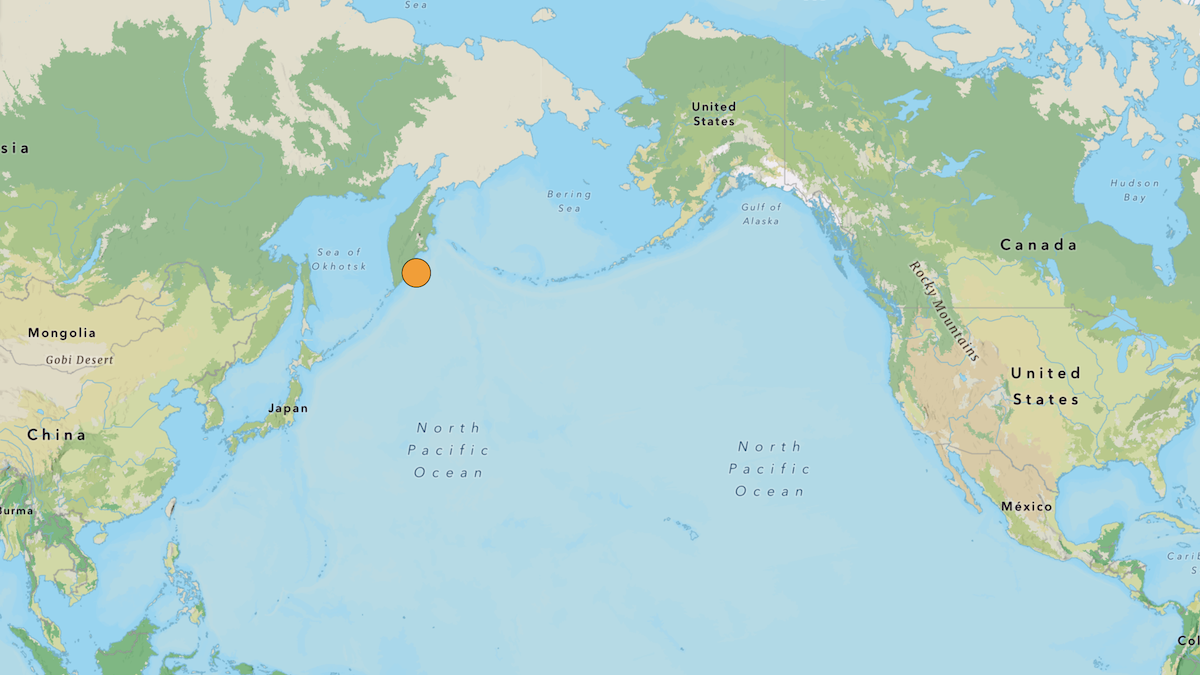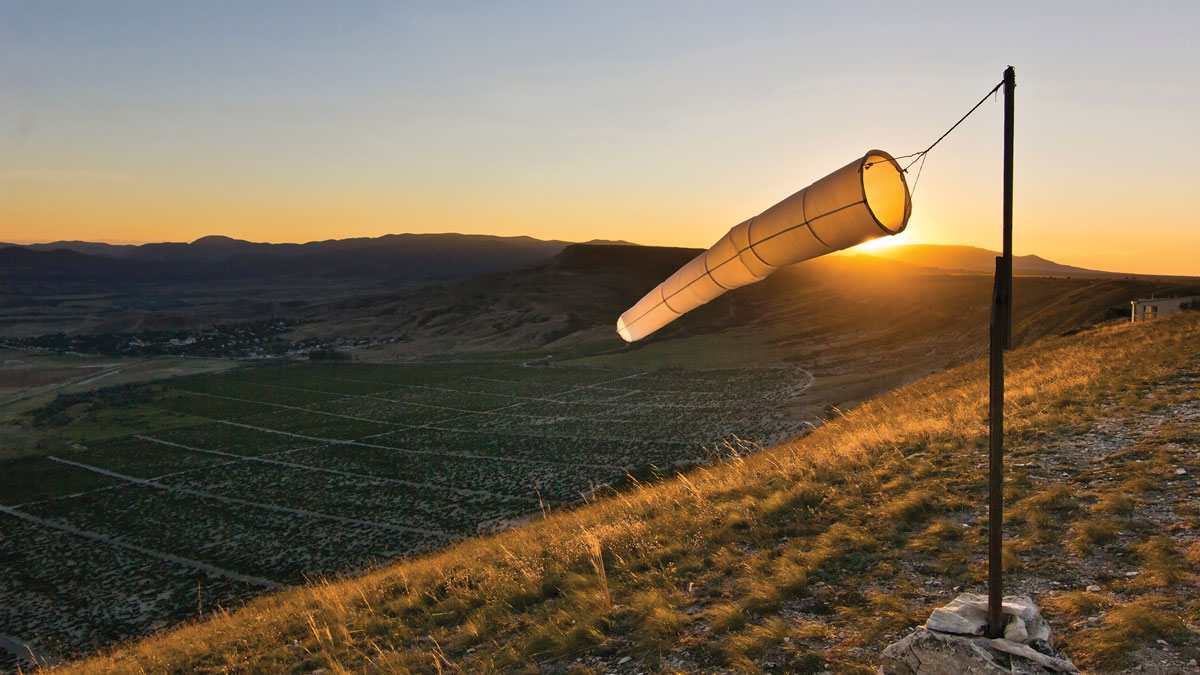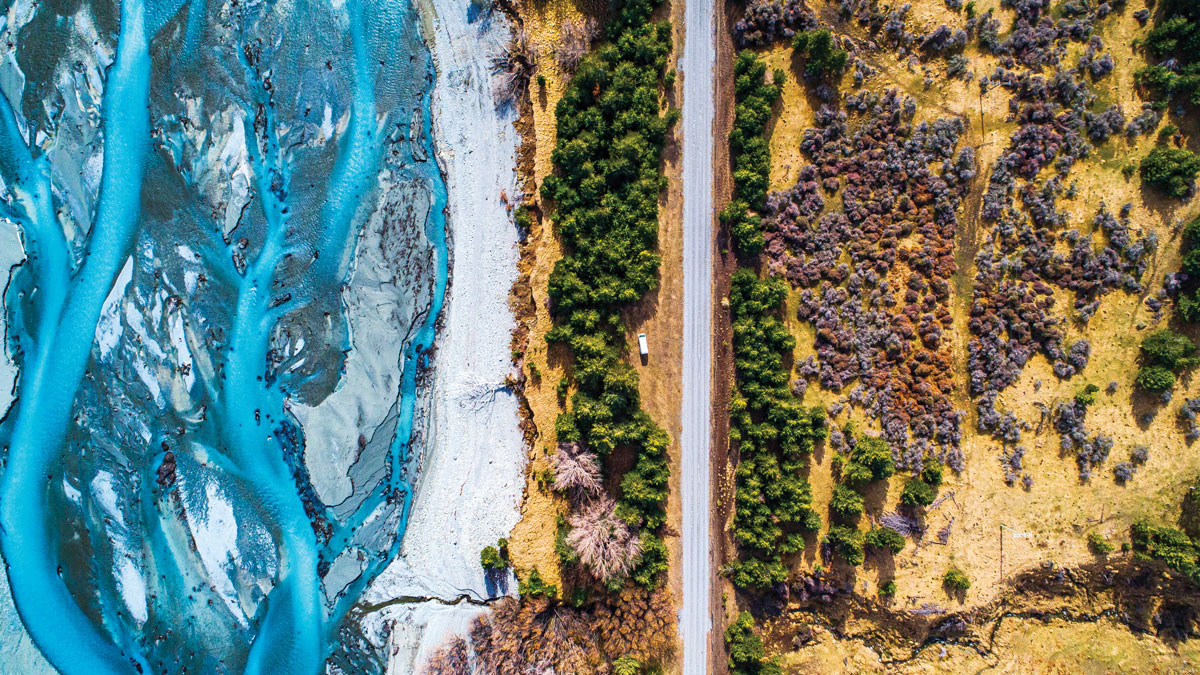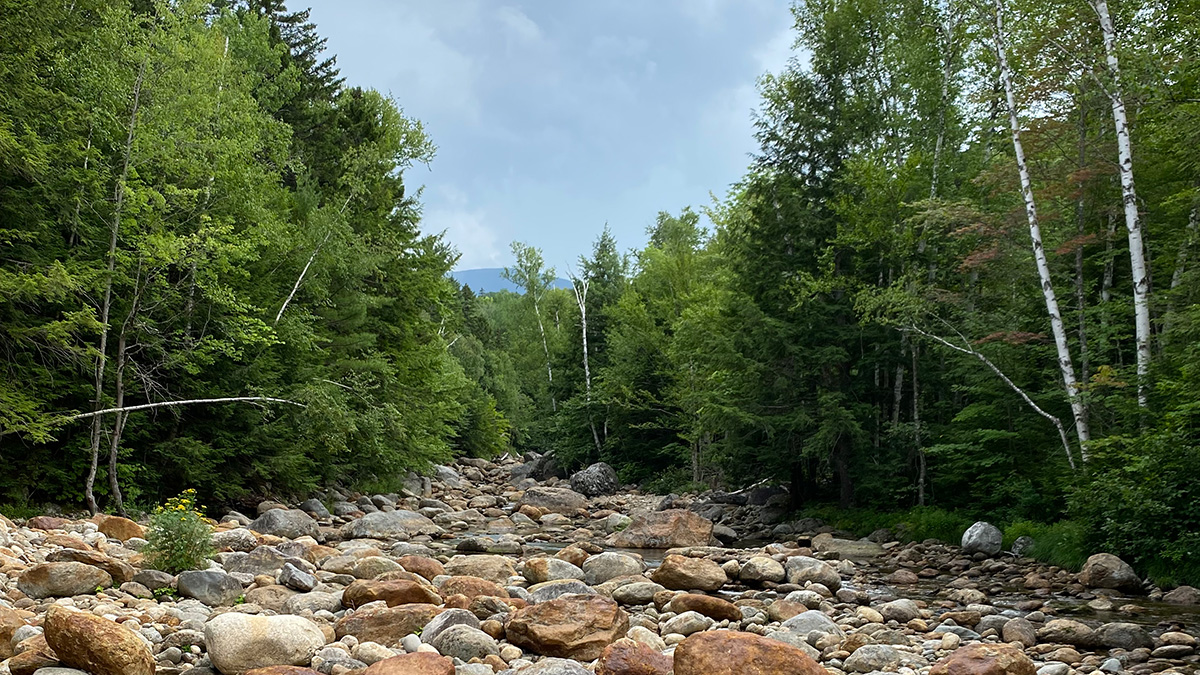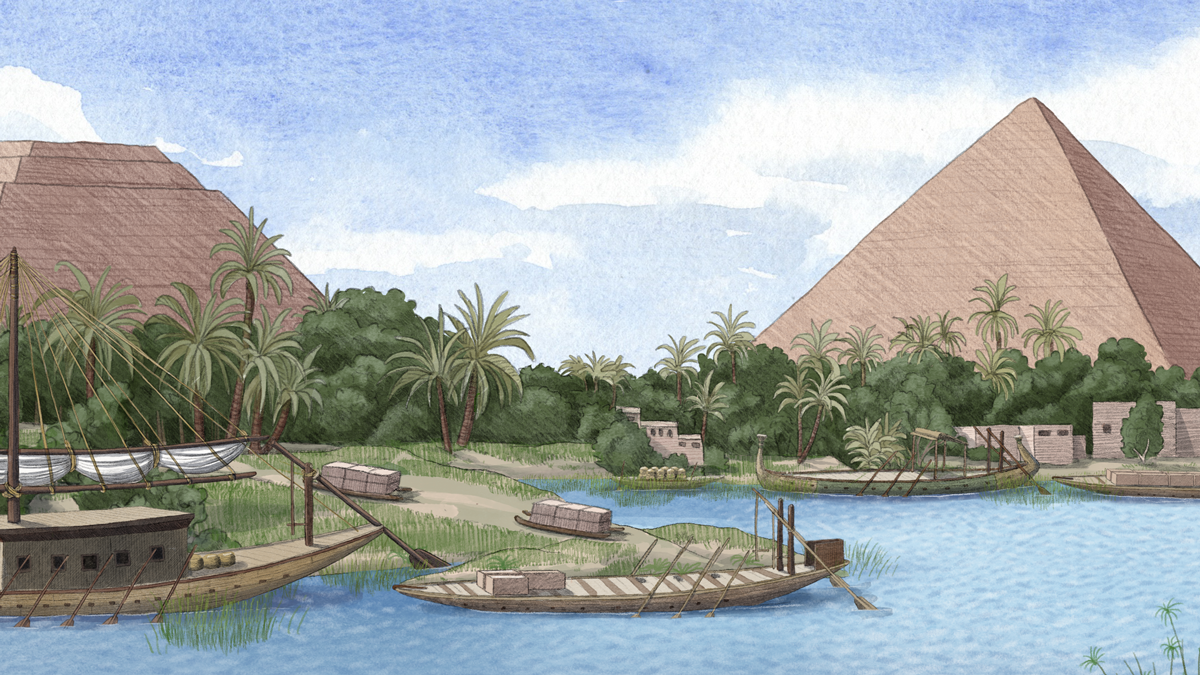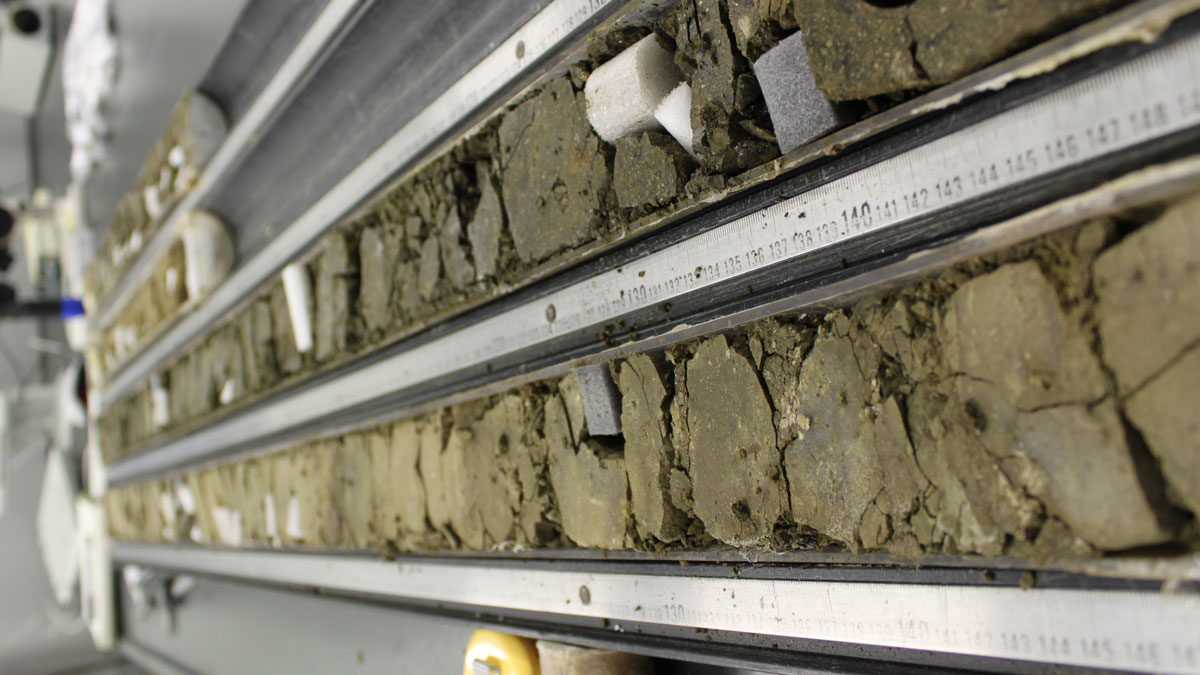One of the strongest earthquakes ever recorded struck off the eastern coast of Russia’s Kamchatka Peninsula Wednesday morning local time. Initially pegged at a magnitude-8.0, the quake was eventually upgraded to a magnitude-8.8. Adjusted magnitude estimates are not unusual for large earthquakes as more data become available.
Jennifer Schmidt
Where the Wind Blows
Letting opportunities take you on paths unknown can get you to where you were meant to be.
Navigating the Maze
It’s a great big world of opportunity out there, and our annual career issue highlights how some scientists have found their way.
Magnitude 7.0 Quake Rattles Kyrgyzstan-China Border
The quake struck in the remote Tien Shan mountains.
Inspiring Others to Braid Their Own Paths
Our annual Career Issue spotlights individuals charting their own course through Earth and space sciences.
U.S. Streams Are Drying Up
A new study reports that streamflow drought is getting more intense in some parts of the United States, a phenomenon that is stressing the nation’s water policy and infrastructure.
Ancient Nile Tributary May Have Aided Pyramid Construction
Pollen from sediment cores shows that a now dry channel cutting through Giza was once a flowing waterway that Egyptian pyramid builders could have used to transport supplies.
Early Life Learned to Love Oxygen Long Before It Was Cool
Laboratory experiments show that earthquakes may have helped early life evolve in an oxygen-free world.
Major Investment in Air-Conditioning Needed to Address Future Heat Waves
More than 80% of urban residents will need AC by the 2050s, but many of the world’s poorer countries may struggle to meet that demand.
Stretching Crust Explains Earth’s 170,000-Year-Long Heat Wave
During a brief period in Earth’s past, a massive emission of carbon abruptly raised global temperatures, acidified oceans, and stamped out species. New data may help explain how it happened.

